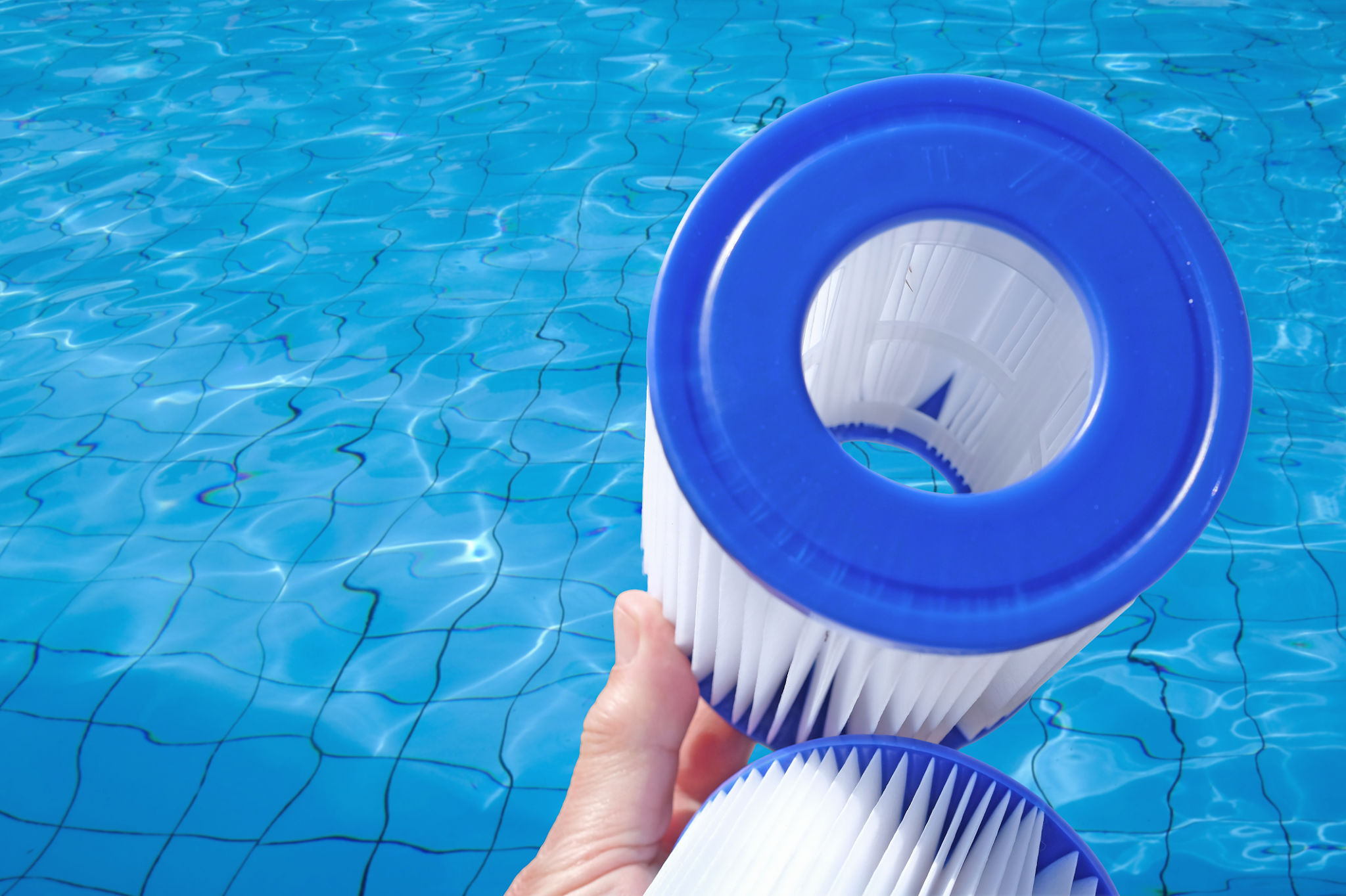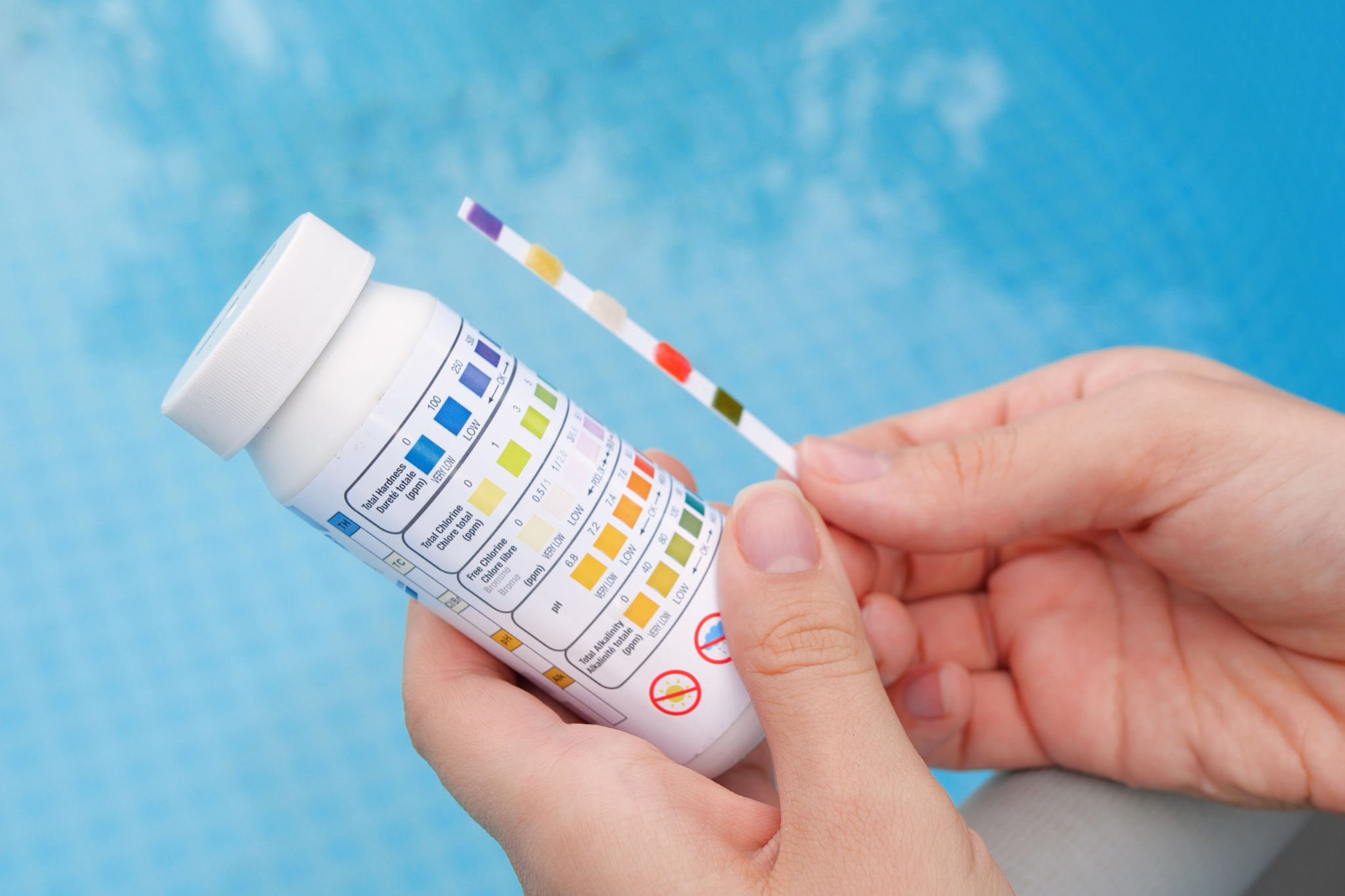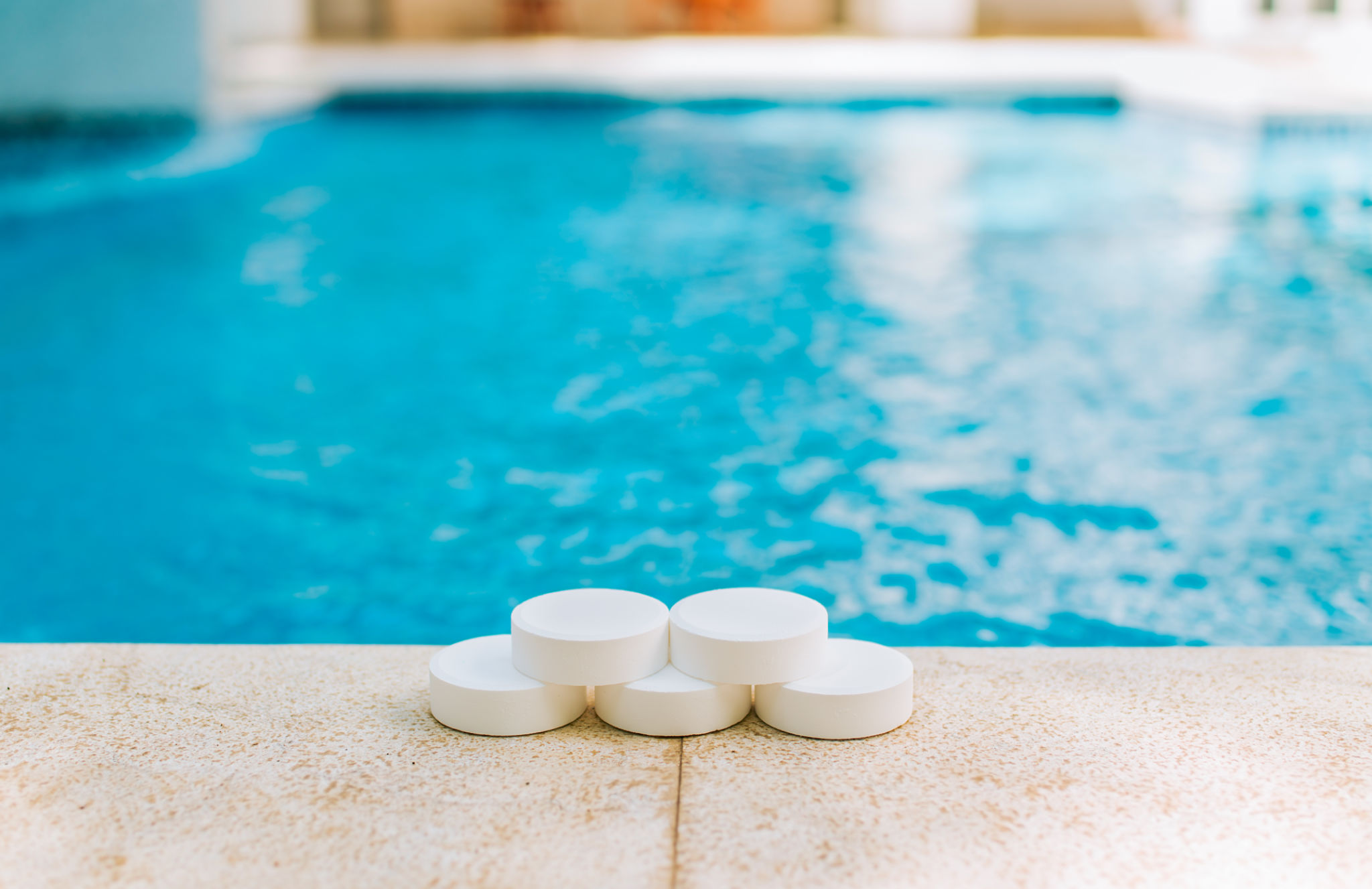Debunking Common Pool Maintenance Myths: Insights from Ace Exterior
Understanding the Basics of Pool Maintenance
When it comes to pool maintenance, many pool owners find themselves caught up in various myths that can lead to unnecessary expenses or even damage to their pools. At Ace Exterior, we believe in empowering our clients with the right information. This blog post aims to debunk some of the most common pool maintenance myths and offer practical insights for keeping your pool in pristine condition.
One common misconception is that maintaining a pool requires daily attention and constant chemical adjustments. While regular care is necessary, modern pool systems and products have made maintenance much more manageable than in the past.

Myth: Chlorine Is Harmful and Should Be Avoided
A persistent myth is that chlorine is harmful and should be entirely avoided. In reality, chlorine is an essential element in keeping your pool clean and safe for swimming. It effectively kills bacteria and prevents algae growth, ensuring a healthy swimming environment.
However, it's crucial to maintain proper chlorine levels. Too much chlorine can cause skin irritation, while too little can lead to bacterial growth. Regular testing and adjustment are key to maintaining a balanced pool environment.

Myth: Pools Don’t Need Maintenance in Winter
Another common belief is that pools don't require maintenance during the winter months. Although your pool may not be in use, neglecting it can lead to issues when spring arrives. Proper winterization, including covering the pool and balancing the water chemistry, prevents algae growth and extends the life of your pool equipment.
Consider investing in a quality pool cover to protect against debris and reduce chemical usage during the off-season. Regular checks throughout winter can save you time and money when it's time to reopen your pool.
Myth: Clear Water Equals Clean Water
Many pool owners are under the impression that if the water is clear, it must be clean. However, clear water does not necessarily mean it's free from bacteria or algae. Regular water testing is crucial to ensure that both pH and sanitizer levels are within the recommended range.

Using a reliable testing kit or hiring professionals like Ace Exterior for routine checks can help maintain water quality. Trusting visual cues alone is not enough when it comes to pool hygiene and safety.
Myth: You Can Use Household Cleaners for Your Pool
Some believe that household cleaners are suitable substitutes for pool-specific products. This is a dangerous myth as household cleaners may contain chemicals that are not safe for pool use and could damage pool surfaces or equipment.
Always opt for products designed specifically for pools to ensure they are safe and effective. These products are formulated to work with your pool's chemistry, providing optimal results without causing harm.

